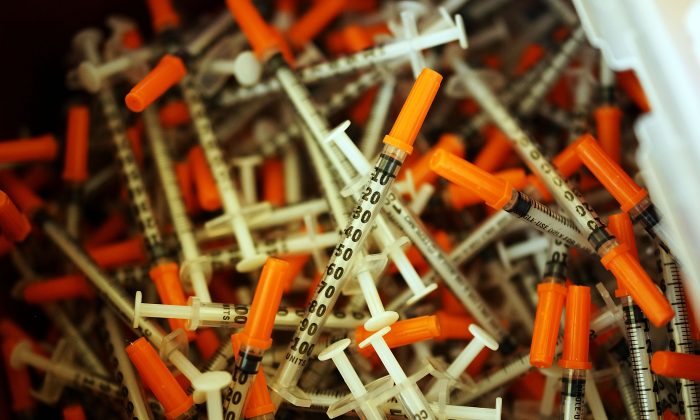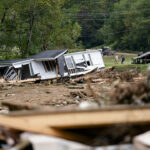Experts advocating for safety are calling for more medically-supervised injecting centers to be established across Australia to prevent drug overdose deaths.
Alcohol and Drug Foundation CEO Erin Lalor emphasizes the urgent need for action to address the detection of dangerous synthetic opioids.
Lalor urges governments to take immediate steps to prevent future harm, including improved access to naloxone, a drug that can reverse opioid overdoses, as well as expanded public drug checking and overdose prevention services.
These calls follow the release of an annual report by the Coroners Court showing 547 fatal overdoses in Victoria in 2023, with the majority occurring in metropolitan Melbourne and involving multiple drugs.
The report highlights diazepam as the most lethal drug in overdose cases, with heroin and methamphetamines also contributing to the high number of deaths.
The data underscores the necessity for more medically-supervised injecting centers in areas with heightened risk, as stated by Victorian Drugs and Alcohol Association CEO Chris Christoforou.
The report also reveals that men are twice as likely to die from overdoses, with those aged 35 to 54 being at the highest risk.
While some progress has been made with medically supervised injecting centers in Sydney, the need for further measures to prevent overdose deaths remains a priority.
Despite calls for additional injecting centers, Victorian Premier Jacinta Allan has ruled out establishing a second center in Melbourne, opting instead to invest in health initiatives.
Efforts to address drug-related deaths extend to NSW, where recent incidents have underscored the importance of pill-testing and public health responses.
As discussions on overdose prevention continue, resources like Lifeline and beyondblue are available for support.
Victorian festival attendees can look forward to drug testing initiatives, while NSW is urged to consider pill-testing measures to prevent further tragedies.
The upcoming NSW drug summit aims to address overdose deaths and explore solutions to enhance public health responses.
For immediate support, individuals can contact Lifeline at 13 11 14 or beyondblue at 1300 22 4636.






